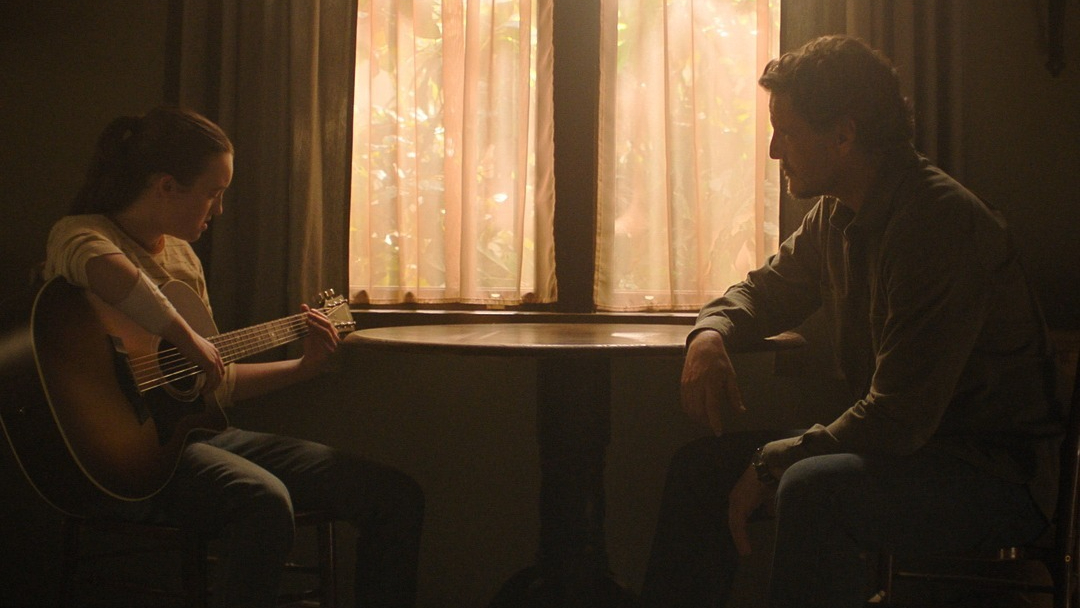The Last of Us: How a Game Became a Global Phenomenon Across Consoles and Screens
Few franchises in the world of entertainment have achieved the cultural significance of The Last of Us. From its debut as a groundbreaking video game to its acclaimed adaptation as a prestige television series, this epic saga has captivated millions. At its heart, The Last of Us is a story about love, loss, survival, and the human condition—a tale that resonates as powerfully on consoles as it does on the screen. As we explore its journey, let’s dive deeper into the game’s origin, its massive cultural impact, the adaptation’s staggering costs, and what lies ahead for the franchise.
The Birth of a Masterpiece: The Original Game
When Naughty Dog released The Last of Us in 2013, it was hailed as a game-changer—literally. The game’s unique combination of cinematic storytelling, immersive gameplay, and morally complex characters set it apart in an industry that often prioritised action over emotion. Players were introduced to Joel, a grieving father hardened by years of loss, and Ellie, a witty and brave teenager who becomes his unlikely companion.
The backdrop of the story is a post-apocalyptic America ravaged by the Cordyceps fungal infection, which turns humans into terrifying, zombie-like creatures. But the true danger lies in the survivors themselves—humanity grappling with its worst instincts in the face of collapse. Joel and Ellie’s cross-country journey was both harrowing and beautiful, filled with moments of heartbreak and unexpected joy.
The game became an instant classic, winning over 200 Game of the Year awards. Its success redefined the potential of video games as a storytelling medium, proving they could rival the emotional depth of films and novels.
A Bold Sequel: The Last of Us Part II
Seven years after the original, The Last of Us Part II launched in 2020 to immense anticipation—and controversy. The sequel, set four years after the events of the first game, expanded the story’s emotional and thematic scope. This time, Ellie takes centre stage, embarking on a journey of vengeance that questions the cost of justice and the cycle of violence.
The game also introduces Abby, a new playable character whose storyline intersects with Ellie’s in profound and often shocking ways. Abby’s introduction, coupled with a key narrative twist, sparked a divided response. Some players praised the game’s audacity, complexity, and technical achievements, while others criticised it for subverting expectations in ways they didn’t want.
Despite the backlash, The Last of Us Part II became one of the most critically acclaimed games ever made, earning numerous Game of the Year accolades. It cemented Naughty Dog’s reputation as a studio unafraid to take risks, even at the expense of polarising its fanbase.
From Pixels to Prestige TV
Adapting a beloved game like The Last of Us into a television series was no small feat. Fans worried whether the show could capture the nuance and emotional weight of the source material. Enter Craig Mazin, the creator of HBO’s Chernobyl, and Neil Druckmann, the game’s creative director, who teamed up to bring the series to life.
Premiering in early 2023, HBO’s The Last of Us exceeded expectations. Pedro Pascal’s portrayal of Joel and Bella Ramsey’s take on Ellie were widely praised for their authenticity and emotional depth. The show carefully balanced loyalty to the game with new narrative layers, such as deeper explorations of secondary characters.
The standout Episode 3, which expanded the story of Bill and Frank into a heartbreaking love story, exemplified this approach. It demonstrated the show’s ability to enrich the game’s world without straying from its core themes. This blend of faithfulness and creativity was key to the show’s critical and commercial success.
The Cost of Greatness
Creating a show as ambitious as The Last of Us comes with a hefty price tag. HBO reportedly spent over $100 million on the first season, averaging around $10 million per episode. While this figure dwarfs the budget of Game of Thrones’ first season ($60 million), it’s modest compared to other recent blockbusters like House of the Dragon ($200 million) or Amazon’s The Rings of Power ($465 million).
The investment paid off handsomely. The series became one of HBO’s most-watched shows, with viewership numbers climbing steadily throughout the season. Its success further solidified HBO’s reputation for producing prestige dramas that captivate audiences and critics alike.
What’s Next: Season 2 and Beyond
The story of The Last of Us is far from over. HBO has already announced a second season, which will adapt the events of The Last of Us Part II. However, given the sequel’s sprawling narrative, the showrunners have hinted that the story may be split across multiple seasons.
Casting news for Season 2 has already generated buzz, with Kaitlyn Dever set to portray Abby and Isabela Merced joining as Dina. Returning stars include Pedro Pascal, Bella Ramsey, and Gabriel Luna as Tommy. Fans are eager to see how the show will tackle the sequel’s complex themes and divisive plot points.
Meanwhile, speculation about The Last of Us Part III has been swirling. Although Naughty Dog’s Neil Druckmann has remained tight-lipped, fans remain hopeful that another chapter in Ellie’s journey is on the horizon.
Related: How Much Money Has HBO Made from The Last of Us?
Related: Meghan Markle’s Cooking Show “With Love, Meghan” Set to Dazzle Netflix Audiences
Cultural Impact and Legacy
Beyond its financial and critical success, The Last of Us has left an indelible mark on popular culture. The franchise has inspired countless creators, proving that video games can deliver stories with the same emotional resonance as the best films and television.
The TV series, in turn, has introduced a new audience to Joel and Ellie’s story. Its success has paved the way for other video game adaptations, setting a new standard for what’s possible when passionate creators respect and expand upon the source material.
Whether through its haunting gameplay or its riveting drama on HBO, The Last of Us continues to explore universal themes of love, sacrifice, and the human spirit. Its legacy as both a game and a show is one of courage and creativity—a shining example of what storytelling can achieve.









